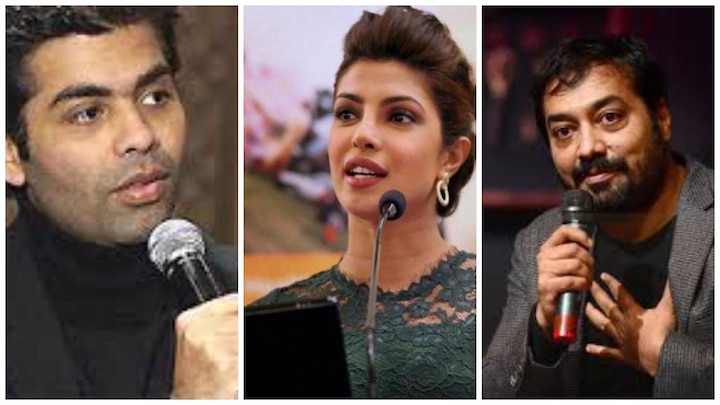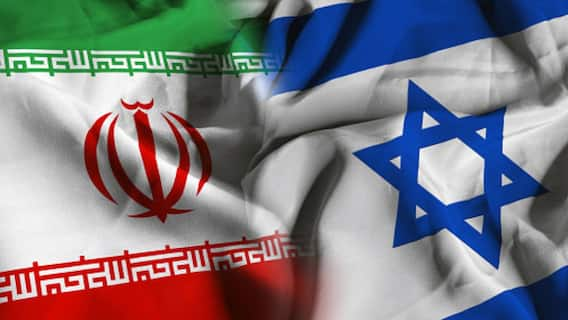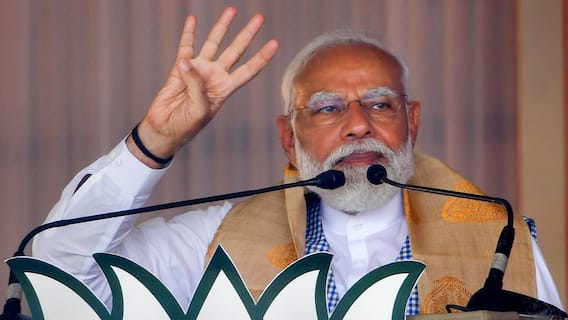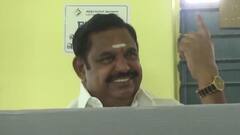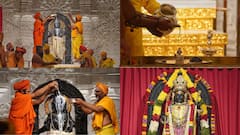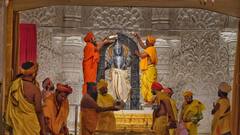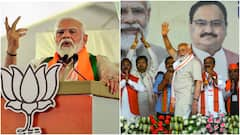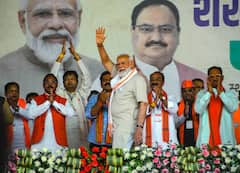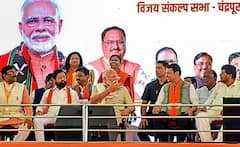| New Delhi: When everything appeared lost, hope has sprung from an unexpected source. By protesting attempts to convert India into Pakistan II, Priyanka Chopra and others are demonstrating that there is more to Bollywood than pretty faces.
Filmmaker Anurag Kashyap has wondered aloud why the movie fraternity is singled out every time a terror attack with Pakistani roots strikes India while everyone else goes about their business as usual - a view Priyanka has not hesitated to echo.
"Artistes and actors are always held responsible for every bigger political agenda that happens in our country. Why are only we reflecting it? Why not businesses, why not doctors, why not politicians, why not anyone else except for public people which are actors, movie industry?" Priyanka asked while speaking to NDTV.
The trigger was the refusal by a group of exhibitors to screen Karan Johar's Ae Dil Hai Mushkil (ADHM) in the wake of the Uri attacks as one of the actors in the movie is Fawad Khan from Pakistan.
Kashyap gained more traction on the social media because he had decided to test out Prime Minister Narendra Modi's claim of being approachable and accessible and contacted him directly on his favoured mode of communication: Twitter.
He sought to expose the fallacy of targeting films already made by asking the Prime Minister: "Narendra Modi Sir, you haven't yet said sorry for your trip to meet the Pakistani PM. It was December 25. Same time KJo was shooting ADHM? Why?... You actually diverted your trip on our tax money, while the film shot then was on money on which someone here pays interest."
The first to swim against the tide was actor Salman Khan who spoke with remarkable clarity when he said Pakistani actors, working here with documents issued by the Indian government, should not be equated with terrorists.
Filmmaker Suparn Verma led the charge last week. Since Friday, the day the Cinema Owners Exhibitors Association of India (COEAI) announced its decision not to screen any film featuring Pakistani artistes, Verma has kept up a sustained campaign on Twitter against such tactics.
Verma has taken it upon himself to challenge every argument cited on television channels and the social media in favour of the move.
He practically baited Bollywood out of its silence. "I wish the Indian film 'fraternity' would get a spine and support @karanjohar instead of being so silent. Today it is him, tomorrow any of us."
Verma's tweets articulated a deep-seated apprehension that few want to stand up and speak out. When Kashyap did, he took care to clarify that "they were not drunk tweets" because the country has grown used to a Bollywood where speaking out against arm-twisters is not considered an act of sobriety.
That sobriety boot is on the other foot now with large sections of the Indian media drawing charges that they are bending over backwards to engage in self-censorship and humour the government.
Not to mention the richest Indian. "I am absolutely clear about one thing - that for me it is always country first. I am not an intellectual, so I don't understand all these. But undoubtedly, like for all Indians, India is first for me," PTI quoted Mukesh Ambani as saying tonight. The industrialist was answering questions from the audience on the backlash against Pakistani actors and other artistes at an event organised by The Print, a digital media outfit.
In such an atmosphere, what Salman, Priyanka, Kashyap and Verma have done is exceptional - and in that order because the bigger the star power, the heavier the price when you flash a spine.
Among others from the film industry who have spoken out are Mahesh Bhatt and his daughter Alia, besides filmmaker Sajid Nadiadwala.
Aamir Khan was "replaced" as brand ambassador of the Incredible India campaign following his comments on intolerance. Online retail store Snapdeal decided not to renew his contract, though all concerned have insisted it had nothing to do with his comments. Shah Rukh Khan's Dilwale, too, ran into trouble for the same reason.
Although the government has been claiming it has nothing to do with the association's decision not to screen Johar's movie, Kashyap did not offer room for manoeuvre: "Just to make it clear, I complain because I expect my government to protect us.... We have been vulnerable for long, and have been paying the price by being used by everyone to find any kind of standing...."
No one in the central government has stepped in to calm the nerves of an industry that, according to producer Rahul Aggarwal, is acting more out of fear. Earlier this month, Aggarwal had stepped down from the executive committee of the Indian Motion Picture Producers Association (IMPPA) in protest against its decision to stop working with Pakistani artistes.
Although junior home minister Kiren Rijiju commented on Kashyap's tweets - without naming him - he did not touch upon the larger issue of the film industry being forced to toe a hard line on Pakistani artistes when there is no official ban on them.
All Rijiju said was: "A new fashion has developed in India. A student or a film person can put a question or speak against PM without any logic to get into news. In democratic India, one can ask questions to PM or comment freely but better if it's with sense & without undermining our nation's prestige."
Kashyap was not available for comment - he had posted his tweet yesterday. Priyanka was in the news today for her apology over a travel magazine cover that featured her wearing a T-shirt considered insensitive towards refugees.
In the absence of any intervention by the Centre or the BJP-led government in Maharashtra - where the Shiv Sena and Maharashtra Navanirman Sena are in a position to run riot - exhibitors are worried about security.
So much so that the Mumbai Academy of Moving Image today decided to withdraw the lone Pakistani entry - Jago Hua Savera - from the Mumbai Film Festival, which begins on Thursday.
Commenting on the high-decibel blizzard on some television channels, British-Pakistani author Mohammed Hanif has said: "India is becoming more like Pakistan."
Hanif wrote in The New York Times yesterday: "Pakistani peace-mongers used to look at India with some envy - all that diversity, all those gods. And then an army that is answerable to an elected government. Now they look at India aghast: Their potential partners in peace across the border are beginning to sound like the bigots back home....
"India is becoming more like Pakistan, and Pakistan is becoming more like itself: belligerent, sulky and paranoid."
Against such a backdrop, the question arises whether the system is devising its own ways to fight back - as it had done during the Emergency. Asked, few commentators were willing to speak.
During the Emergency, sections of the media had made some attempts to resist the muzzling, often through ingenious gestures such as printing blank spaces and seemingly innocuous poems.
Kishore Kumar's songs were banned on All India Radio and Doordarshan during the Emergency because he had refused to praise Indira Gandhi's 20-point programme on radio. Actor Shatrughan Sinha was pulled up for supporting Jayaprakash Narayan.
"But now people seem to be falling in line because these vigilante groups operate with a sense of impunity that they are not going to be pulled up. This is what political theorists describe as 'banal nationalism'; a competitive kind of nationalism which does not make any sense," political science professor Neera Chandoke said.
It is this vacuum that a section of Bollywood has now stepped into. |
|

